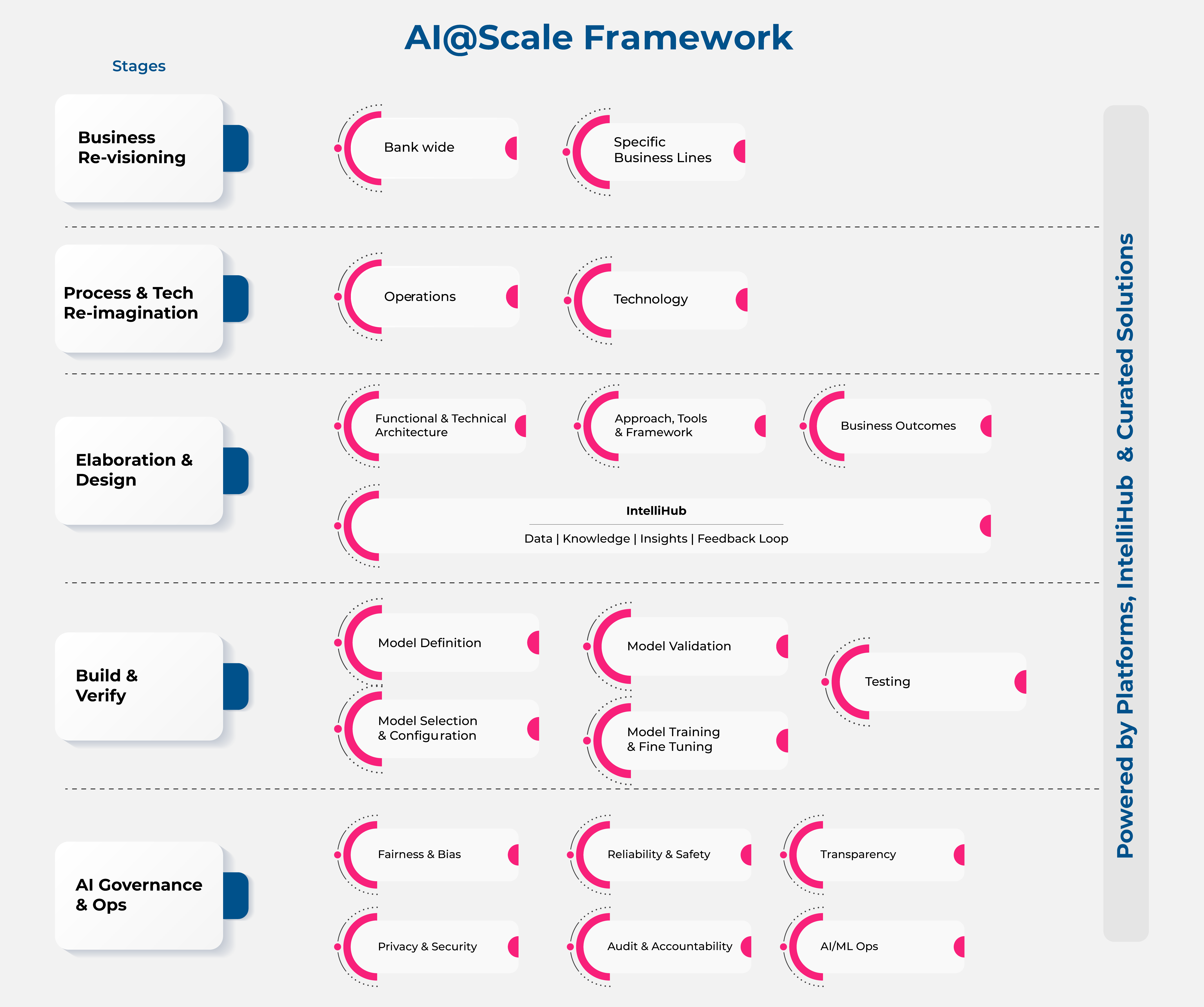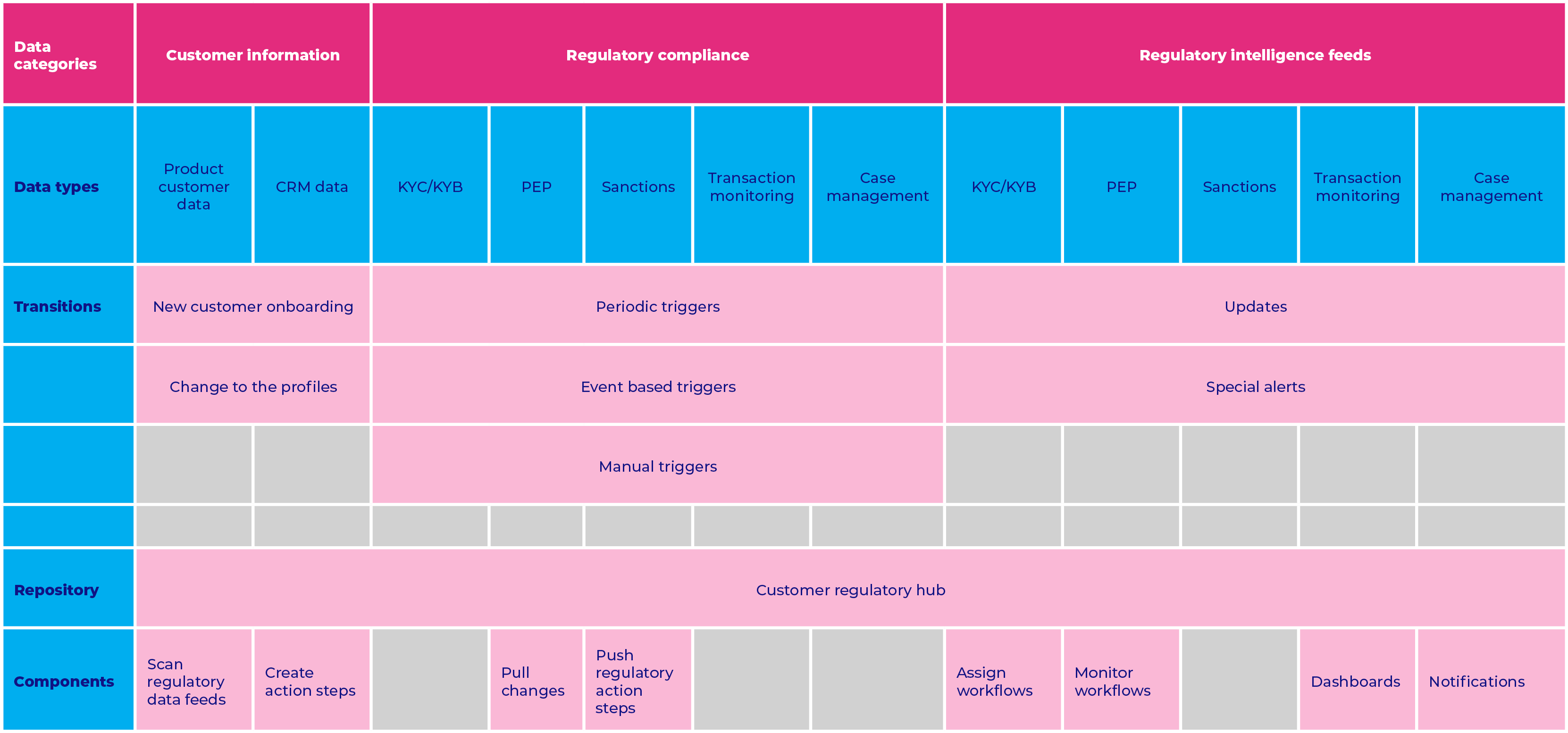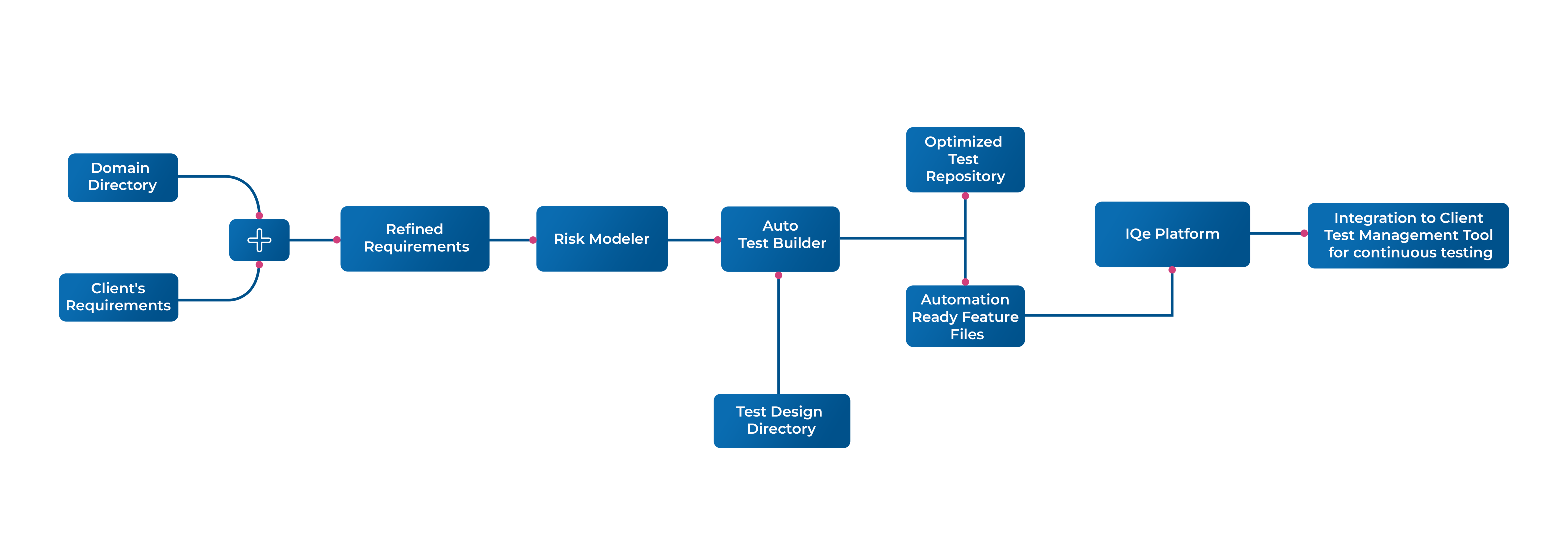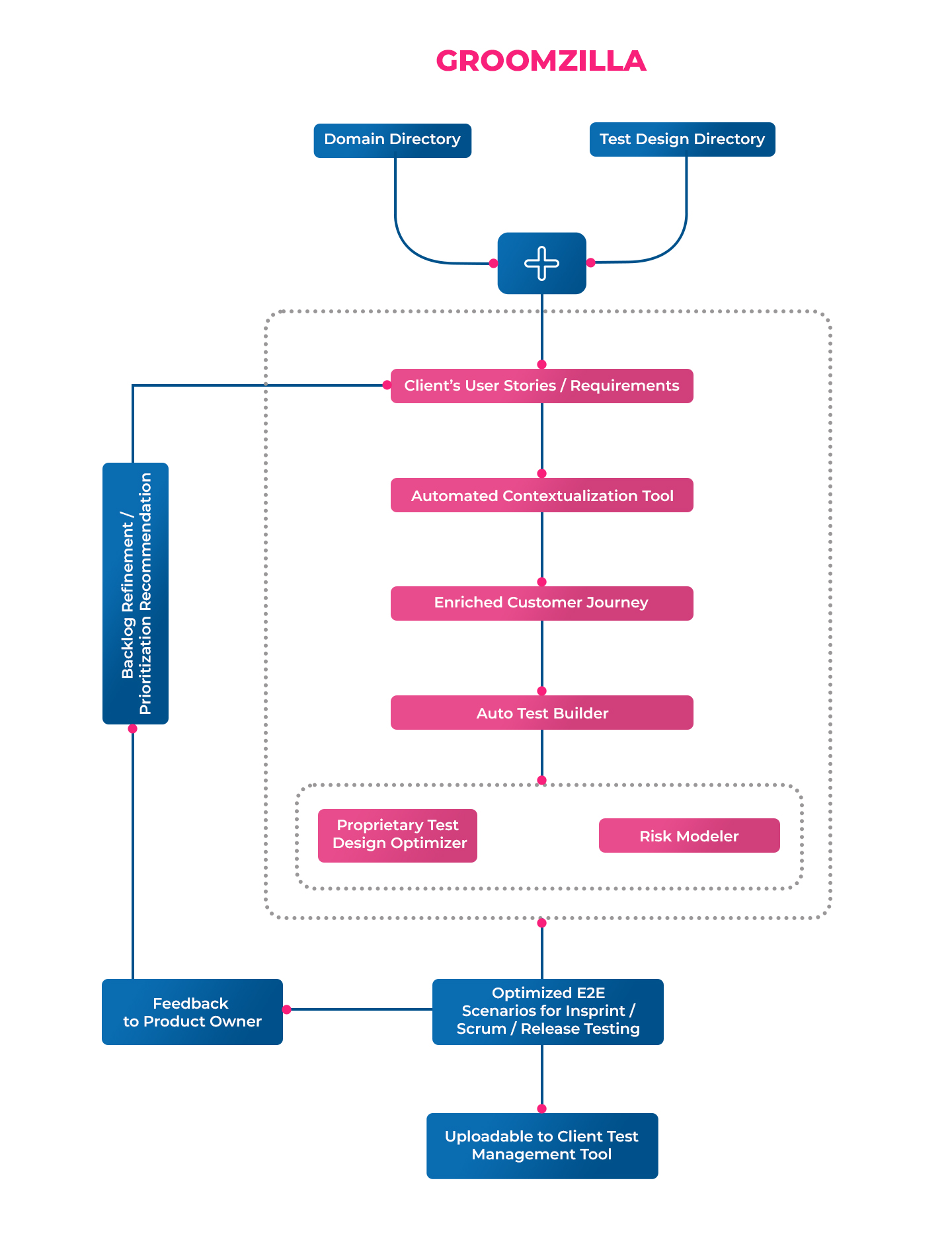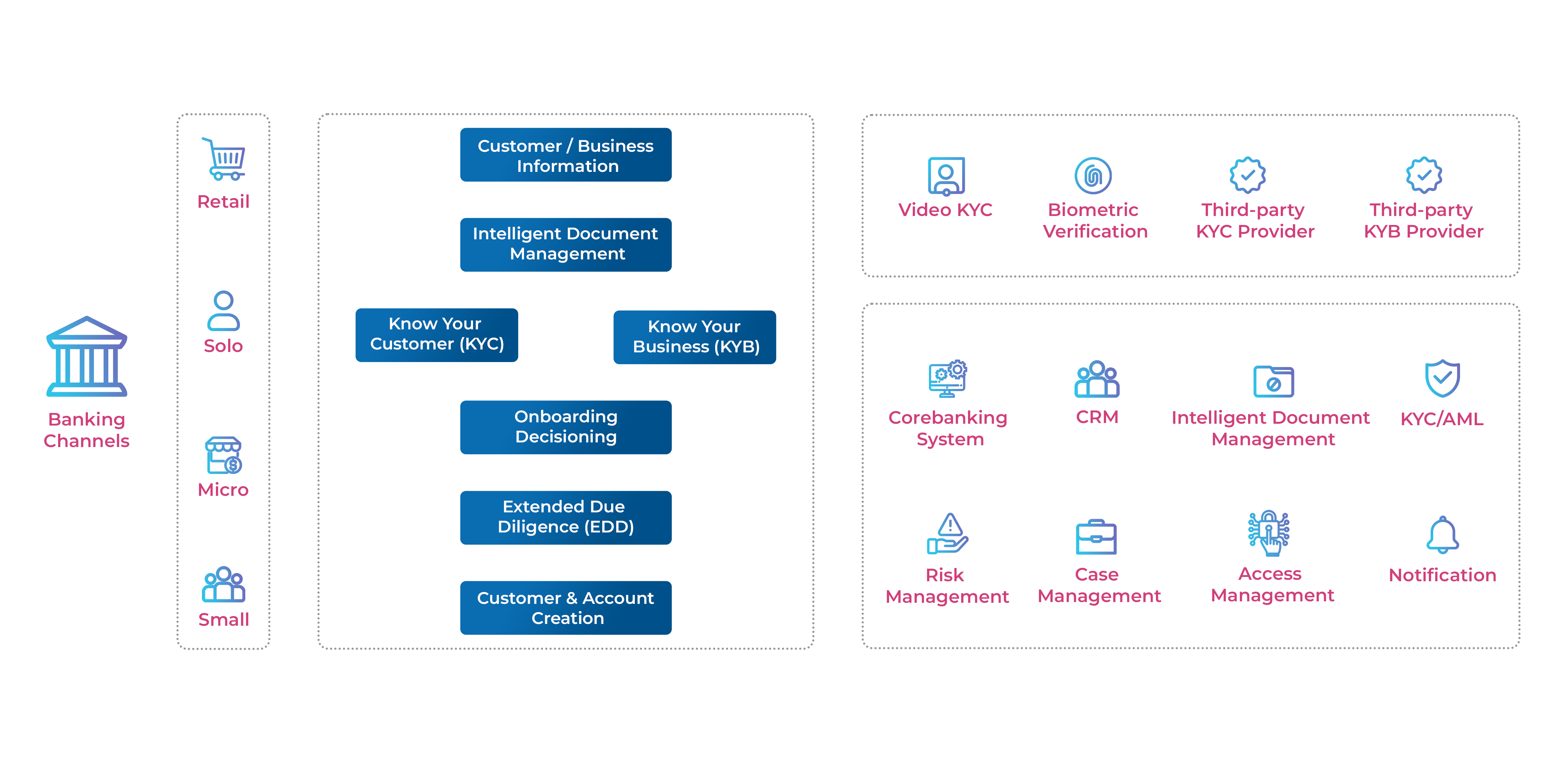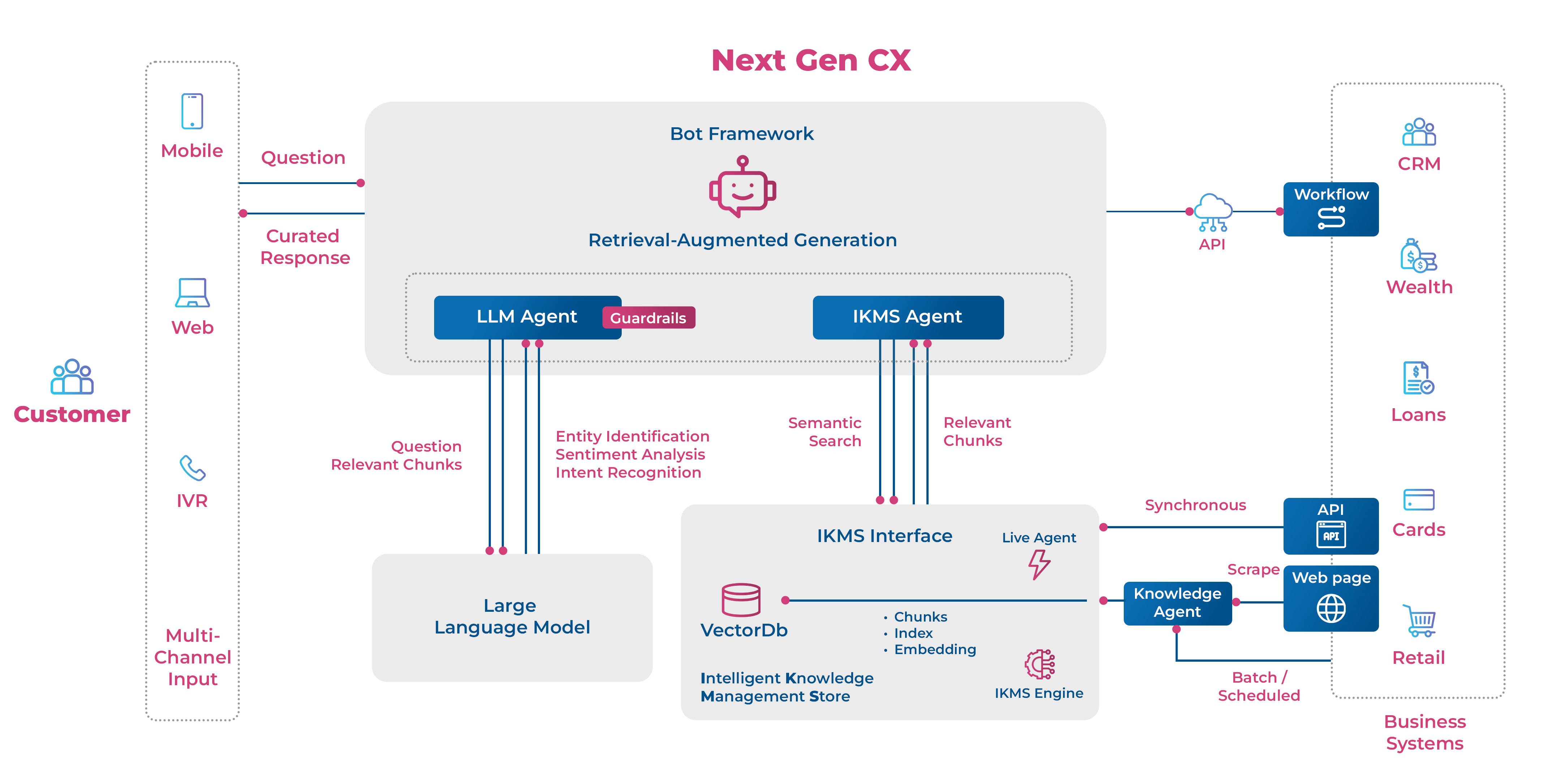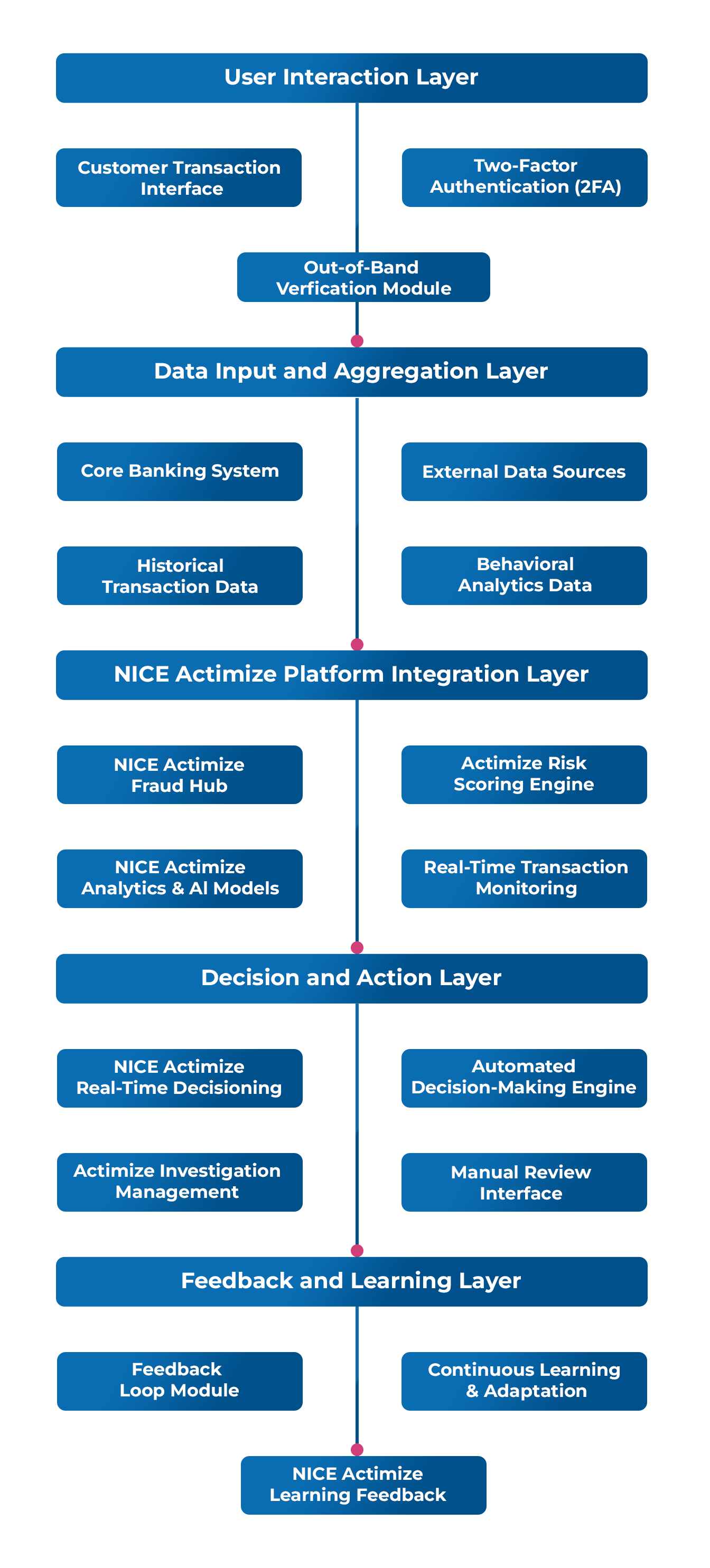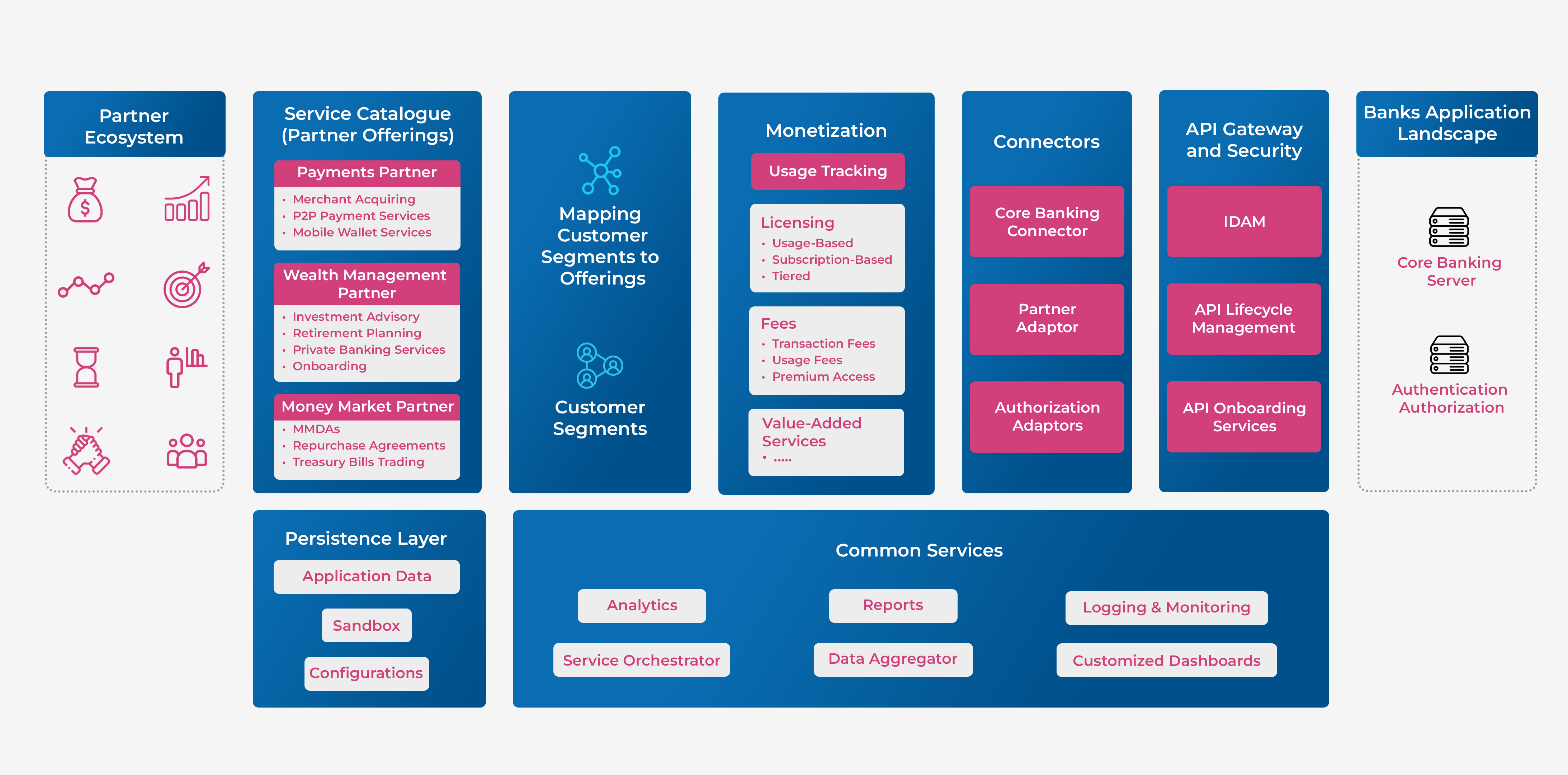Changing Business Environment
The shift in economic policies in the US, UK & the European Union in the post pandemic period, involving high interest rates and tightening liquidity had its impact in the Wealth Management (WM) business too. After more than a decade of sustained growth, global volume of Assets Under Management (AUM) declined for the first time in 2022 by 10%. The declining equity & bond values, and corresponding decline in portfolio values, significantly contributed to this. At the same time, new business flows also declined with the Net Flow Rate of AUM falling to 1.6% in 2022 from 4.4% in the previous year.
Average Client Business Volumes (CBV – average assets & liabilities under management) have also been on a declining trend, registering a drop of 11.7% in 2022, vis-a-vis growth of 12.5% & 6.4% in 2020 & 2021.
Added to this, the US investors have been showing an increasing preference to passive investments – Exchange Traded Funds (ETFs) & other mutual funds – during the last decade. In 2022, when active investments showed a net outflow of US $ 1 trillion, passive investments showed a net increase of US $ 0.5 trillion

To counter these pressures of declining growth, profitability & performance, one of the options available to WM firms is to look at opportunities for diversifying into new offerings with better margins. This also needs to be considered in the backdrop of the evolving customer preference for newer classes of assets viz. ESG compliant assets & alternative assets.
Diversification Into New Asset Classes
What are the opportunities & challenges involved in including ESG & Alternate Assets into a firm’s portfolio of offerings?
1) ESG Compliant Investment:
Environment, Social & Governance (ESG) compliant investing has become a key priority, given increasing social awareness & responsibility. There is also the potential future risk of regulatory non-compliance impact in investing in ESG non-compliant businesses. Some focus areas for ESG investing have been Climate Control, Air & Water Pollution Control, Data Protection & Privacy, and Deforestation.
Significant advances in energy transition to clean energy sources have also opened up new avenues for profitable investment, like Electric Vehicles business, and commodities like lithium, copper, nickel, uranium, etc., used in batteries, and businesses associated with these commodities. Thus, purely from a financial perspective too, ESG investing promises to be a good option with the expected widespread adoption of these technologies.
Research reports indicate that a good majority of the institutional investors are planning to increase their investments in ESG assets and global ESG investing is set to exceed US $ 53 trillion by 2025. About 2/3rds of the HNW investors are reported to consider the ESG score before taking investment decisions, indicating the strong growth potential of ESG investing.
WM firms face the challenge of acquiring capabilities for advising & managing ESG investment portfolios. They require specialized platforms for launching ESG related products & offerings and keeping track of ESG investments. They also need to acquire capabilities for ESG investment opportunities related data collection, analysis, identifying investment opportunities, risk measurement & tracking in terms of ESG performance, and regulatory & client reporting.
2) Alternative Assets:
Alternative assets like Private Equity, Private Credit, Private Real Estate, and Digital assets like Cryptocurrencies, NFTs, and Tokenized Passion assets (Art, Wine, Nature) etc. – are emerging as a preferred investment option. Investors seeking diversification in the UHNI segment and at Family Offices, are looking to increase their allocations in these Alternative Assets. Alternative assets carry additional investment risks & require expertise in understanding the product & the market. But they provide significantly higher returns for investors with deep pockets & a higher risk appetite. They also provide opportunities for increasing income & margins for the WMs. Market study reports indicate that Alternative assets, at US $ 20 trillion, accounted for more than one fifth of the total global AUM in 2022 but contributed half of the total global revenues.
Among alternative assets, Private Equity offerings have been popular in recent times because of the repricing and valuation corrections experienced due to tightening liquidity conditions. Wealth Managers have been cautious in advising clients in digital assets, especially cryptocurrencies, because of the huge fluctuations in value, and uncertain regulatory environment. However, interest in relatively safer digital assets like tokenized real-world assets (RWAs) is showing an uptrend.
Alternative assets are inherently more complex in many dimensions – liquidity, regulation, pricing etc. WM firms need to acquire both the talent in terms of trained advisors who can effectively manage the risks involved, & the technology in terms of trading & custody ecosystems to manage this asset class. Boutique firms specializing in Alternative Assets also pose serious competition to WMs in the conventional asset space, in acquiring market share.
Acquiring ESG & Alternate Assets Investing Capabilities

While diversification into these new asset classes through organic growth is an option, considering the specialized talent and technology platforms required to advise on & manage these asset classes, and time to market, WMs are looking at Mergers & Acquisitions (M&A) as a serious alternative. Both in the US & Europe there is increasing interest in acquiring additional capabilities, customers & markets through M&A. M&A activities had shown significant growth in 2021 & 2022. In terms of actual deals, the number of deals in the US wealth management sector for the 12 months ending May 15, 2023, is higher than the more than 300 deals concluded in 2021.
Some recent examples of M&A with focus on acquiring ESG and Alternative Assets investment capabilities are:

Acquiring ESG & Alternative Assets investment capabilities presents an opportunity to WM firms to grow their business & also avenues for increasing fee income.
Co-authored by Eswaran Swaminathan, and Venkatesh Padmanabhachari
Maveric’s thought leadership series – E.D.G.E (Experiences Delivered by Global Experts) – handpicks the game-changing technology ideas and pressing functional questions financial institutions must solve today.
These features – reports, whitepapers, podcasts, flyers, blogs, and infographics – are for Banking leaders and Technology evangelists to apply profound trends, the latest opinions, and transformational analyses to boost the performance of their organizations.
About Maveric Systems
Established in 2000, Maveric Systems is a niche, domain-led, BankTech specialist, transforming retail, corporate, and wealth management digital ecosystems. Our 2600+ specialists use proven solutions and frameworks to address formidable CXO challenges across regulatory compliance, customer experience, wealth management and CloudDevSecOps.
Our services and competencies across data, digital, core banking and quality engineering helps global and regional banking leaders as well as Fintechs solve next-gen business challenges through emerging technology. Our global presence spans across 3 continents with regional delivery capabilities in Amsterdam, Bengaluru, Chennai, Dallas, Dubai, London, New Jersey, Pune, Riyadh, Singapore and Warsaw. Our inherent banking domain expertise, a customer-intimacy-led delivery model, and differentiated talent with layered competency – deep domain and tech leadership, supported by a culture of ownership, energy, and commitment to customer success, make us the technology partner of choice for our customers





